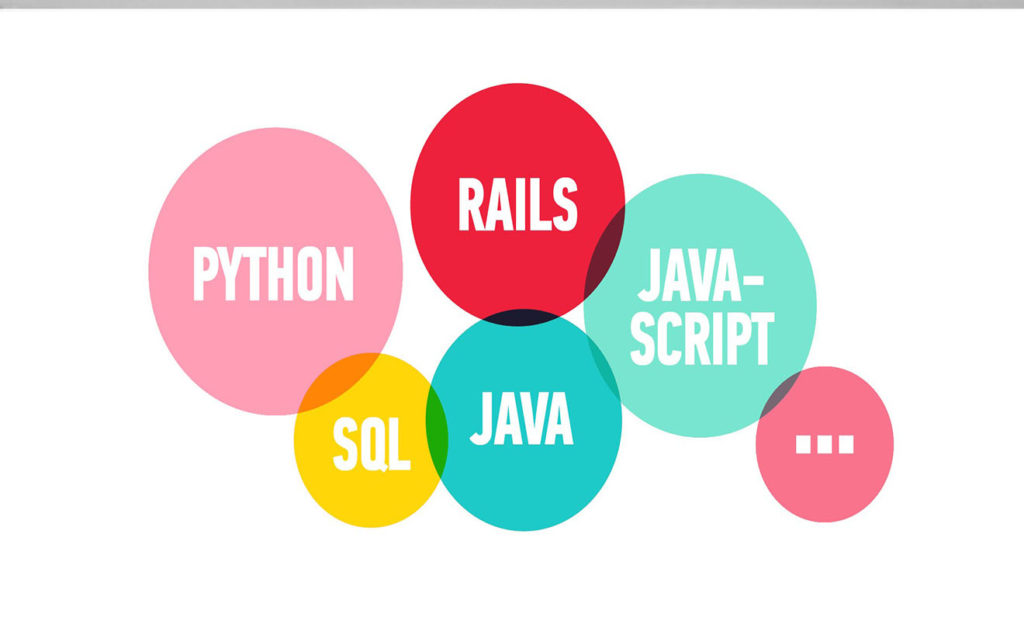Today, Magento and Shopify are two best-in-class systems that millions of e-merchants have chosen to use. Despite a few shortcomings, both systems get credit for providing great features for a functionality online business. It is very difficult for someone to choose between Magento and Shopify in 2022. Even so, Magento and Shopify are two of the best eCommerce platforms today. While it’s reasonable to draw comparisons between the two, they’re completely different and serve quite different purposes. As both of them are the most important and famous e-commerce platforms besides their advantages there are some disadvantages also. If your choice is Shopify then Shopify developers UK is the best option for access and guidance.
Advantages of Shopify
- With Shopify, you can choose from more than 100 beautiful, mobile-friendly storefront themes.
- This is a comprehensive eCommerce website builder with a robust App Store.
- In only a few minutes, you may have your company up and operating.
- Assistance is available seven days a week, 24 hours a day.
Shopify’s drawbacks
- Only eleven of their themes are free to download.
- Adding additional apps to your shop might complicate things.
- Costs money each sale
Advantages of Magento
- It’s a flexible platform that gives you complete control.
- Users have access to a wide group of people who can help them.
- It is entirely accessible to use because it is an open platform.
Magento’s drawbacks
- Magento might be difficult if you do not even understand how to code.
- You’ll need to have a significant length of time to get your store up and running.
- Owing to considerations including such server and app expenses, Magento may be pricey.
Themes and Designs
The theme of your online store defines what your consumers see when they come and people feel the design of a website is the most important factor in determining a company’s credibility, with 48% saying it is the most important factor. With that in mind, if you need to make a great first impact and acquire confidence, you’ll want to choose your layout wisely. Shopify obtained a 3.7/5 grade in the design study area, with 10 free and 64 paid themes that are significantly less expensive than Magento themes. All of Shopify’s are mobile-friendly and they’ll look brilliant on any gadget, especially phones and tablets. This is important because, in the last six months, 79 per cent of mobile phone owners performed internet-based purchases. After you’ve chosen your Shopify design, you may go crazy with customization by adding extra web pages, changing the colour palette, moving and rearranging products, including social media feeds, and much more. No need for creating a single line of code, you could do this. Compared to Magento, Shopify has a bigger (and far less costly) theme collection. To change Shopify themes, you shouldn’t require writing code that makes modifying your preferred template to your brand’s needs simple.
User-Friendliness
You would be unable to build the eCommerce shop you wish if you select a platform that is extremely complicated to use, which might behave adverse effects on your product’s credibility. Compared to Magento, Shopify is far more user-friendly. Shopify is a simple web page-building software that allows you to quickly change the look of your business by simply repositioning elements on the page. In the convenience study, Shopify received a 4.1/5, whereas Magento received a 2.5. In general, Shopify is designed for clients with varying degrees of specialized skill, whereas Magento is designed exclusively for web developers. In comparison to Shopify, Magento has a steep learning curve. To create the online shop you want, you’ll either have to learn the language and apply code yourself or hire a web designer to do it for you. Magento is more difficult to deal with than Shopify since it allows you to personalize your site using code, but it’s more difficult to use – making it difficult for most customers to build a successful enterprise.
Performance and Quickness
The potential of your online store to act fast is essential to its profitability. Clients will not linger on a slow website, and even a second delay can lower conversion rates.If you self-host your Magento store, you’re responsible for keeping it quick and responsive. If you utilize hosting services, the site enhancement strategies used by the hosting company will affect the performance of your site. So, if you have a team, you might be able to get by. If you don’t have any expertise with Magento, though, you may hire Magento experts to help you. When we talk of Shopify, we’re speaking about a holistic platform that supports site speed and effectiveness. Shopify stores are fast to set up, and you shouldn’t have any issues unless you add a lot of goods and plugins.
Hosting and safety
Important factors such as hosting and security must be considered. Your hosting provider should be able to provide you with a flexible, user-friendly, feature-rich solution that allows you to construct and administer your site with ease while ensuring safety. Magento: As previously said, Magento may be self-hosted or hosted by a third-party service like Nexcess. It might cost a few pounds each month, based on the price ranges. If you are dissatisfied with the services, you may easily switch hosts. Magento provides several safety devices, including anti-cross-site scripting (XSS) and anti-click jacking protection. They also give vulnerability patches and repairs to assure the greatest degree of security.
Shopify: Because Shopify is a highly scalable e-commerce system, you won’t need to find a web hosting option. They have all of the features you’ll need to keep your site running successfully. Yet, you do not have the opportunity to change the host. Security is handled by Shopify, which includes patching, upgrading, and adding security standards on a routine basis. SSL encryption and PCI compliance are used to secure sensitive data. If you want more secure systems, you’ll have to approach Shopify; you won’t be able to handle it on your own.
Conclusion
The last words are that it depends on the need for which your business and you are seeking for.



